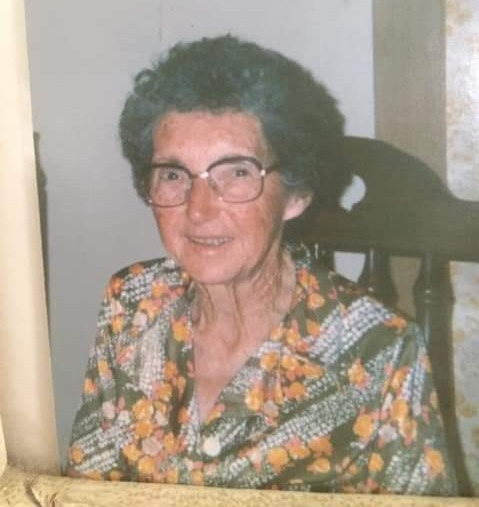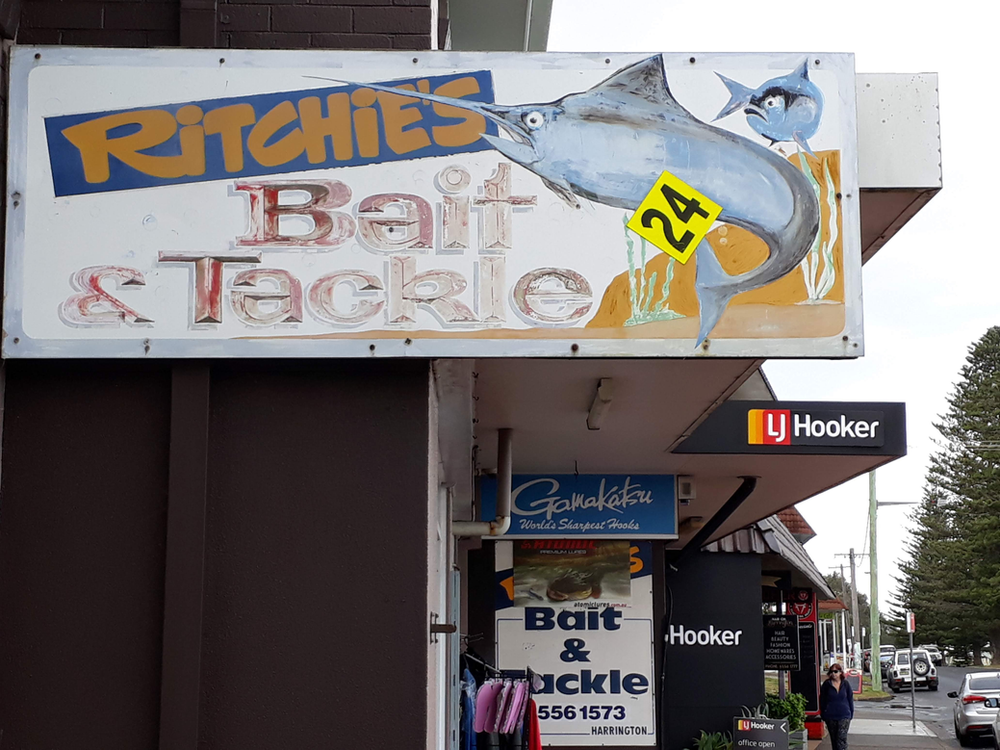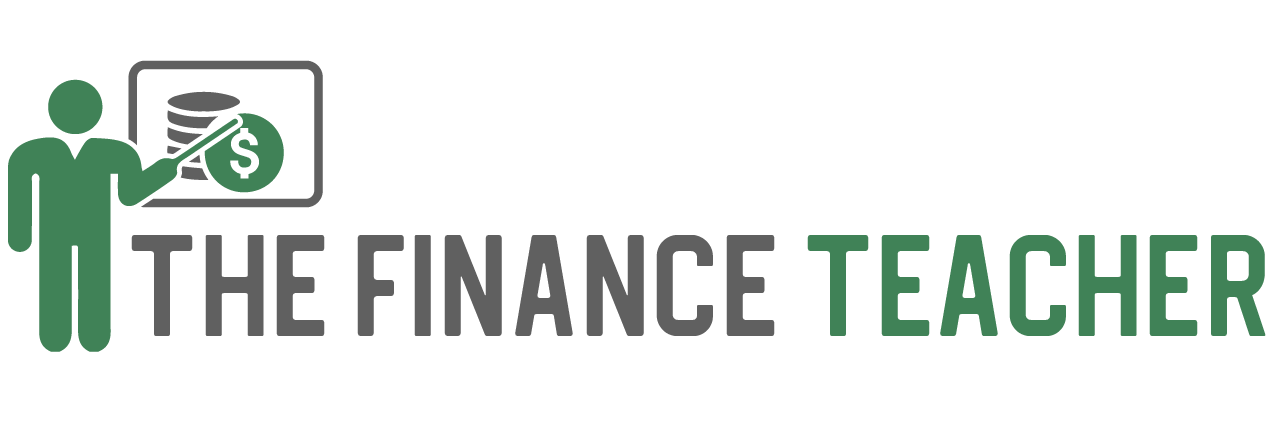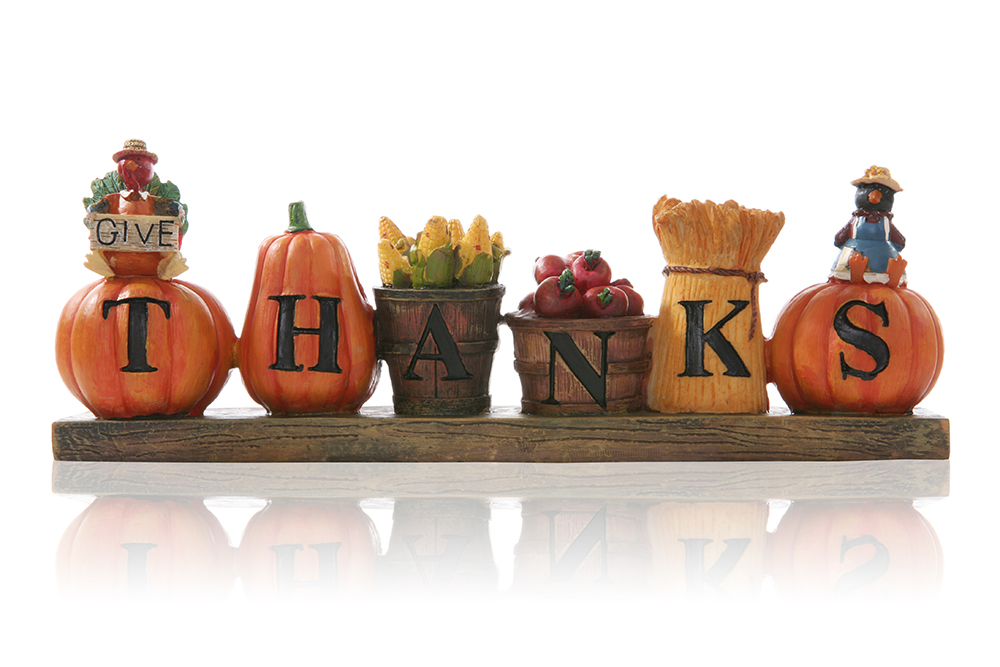Our Relationship With Money
Our relationship with money can be simple or we can make it complicated. The world tends to complicate things and it is sometimes useful to just step back and think of simpler times and simpler ways of looking at life. If your goal is ‘financial freedom’ then you should really consider your relationship with money.
Table of Contents
ToggleWhen I want a simple perspective, I often think to myself ‘What would my grandmother say’? I’ll come back to my dear ‘nan’ later. But first, let’s think about our own relationship with money.
People have different relationships with money. For some it’s a case of ‘money can’t buy happiness’ or ‘money is the root of all evil’. You may have also heard that ‘money buys freedom’ or that ‘time is money’.

How Much Do We Need?
We need a certain amount of it just to satisfy our basic needs of food, water, shelter and clothing. But most of us want a little more than that.
Money is really just a tool. We use it to buy the things that we desire. It’s used to measure the value or price of things. It measures our income and it measures the value of the things that we own (our assets) which in turn tells us how ‘wealthy’ we are.
Most people want more and some people have more than they need.
It’s important because although it doesn’t guarantee happiness, it can help us to achieve our goals. Understanding how it works and how it can be used can also provide security for us and our families and prevent us from being affected by some of the problems that relate to money.
Those who misunderstand, misuse and fail to respect money can find themselves in a situation where their quality of life can suffer. Those who master the use of money can provide for their needs and wants, enjoy a high standard of living, achieve their life goals and help others to achieve theirs along the way.

Financial Freedom
Many people have a goal of ‘financial freedom‘. Money can buy lots of things. Perhaps the two most important things that it can buy are time and freedom.
Imagine just for a moment, having enough money to choose to a) not go to work today and b) to be able to do whatever it is that you want to do (within reason and within the law). Whatever that magic amount of money is, if you had it then it would give you both time and freedom. The number is irrelevant. We might have an idea of that number, but it’s all relative to our lifestyles.
The problem is that society has made the number matter. An average person, earning an average income from an average job and living in an average home would have been considered extremely wealthy 100 years ago. But for most people, even ‘average’ isn’t good enough.
So we sell more of our time and give up more of our freedom in search of more.
Money Psychology
Depending upon your upbringing, your age, your risk tolerance, your country of birth or a hundred other variables, you will have a very different relationship with money compared to someone else.
Morgan Housel explains this and so much more in his book ‘The Psychology Of Money’. This affects whether you are likely to save, invest, spend like crazy or gamble your hard-earned money.
If you were a young adult during times when the stock market was falling, you may have a negative view of the stock market. If you started investing in 1981 then it’s the greatest thing ever.
It will also determine how you feel about borrowing money to increase your ability to satisfy your wants. In recent decades there has been an almost unstoppable force directing us to borrow more and more in order to have the best possible house, car or tv.
My Grandmother
My grandmother lived in a different time. When you live through world wars and a great depression, it is bound to affect your view of all things. My grandmother always seemed to be a source of all wisdom to me as a child. I often wish that I had paid closer attention and taken her advice even more.

I’m a teacher and my students are frequently subjected to my ‘grandmother stories’. She taught me economic concepts like economies of scale and the law of diminishing returns without even knowing what they were. And she also taught me a great deal about money without me really taking notice.
If I were to ask her for advice on how to take control of my finances, I imagine these are the things that she would say. And I believe that these 5 simple steps can help us all still. In fact, perhaps my grandmother’s generation was in some ways ahead of their time.
Step 1: Pay back all of the money that you owe
Or just don’t borrow at all. My grandparents never borrowed anything from anyone. They bought their rather basic home with cash. This cash was saved from working hard in tough times while raising a large family.
Nan hated the idea of ever owing a cent to anyone. She believed that the stress alone from being in another person’s debt was too much to bare. It also meant that all income earned was available to save or spend on looking after their family as there were never any monthly payments. If you could not pay cash for something, then you didn’t get it. Simple. I’m hearing certain finance gurus today advising us to cut up our credit cards and stick with cash.
Step 2: Cut back on the ‘stuff’
My grandparents’ house wasn’t sparse. But it had the bare necessities. No fancy gadgets and no silly ‘mod cons’ and the refrigerator and tv were the same ones when I was 8 as when I was 18. My grandfather made many things himself from scrapyard stuff and much of what they ate was grown in the backyard. This was certainly what we would today call ‘frugalism’ with a touch of ‘minimalism’ thrown in as well. If my nan was still alive today she could become famous by blogging about this ‘new way of living’.
Step 3: Put money in the bank to help the family when it’s needed
This was the modern-day ‘emergency fund’. I don’t know how many times my nan told me that I should ‘save for a rainy day’. Did I listen? Of course not. I waited until I was 40 for some finance expert to tell me to do what my grandmother had always done. I had many rainy days that I was mostly never prepared for.
Step 4: Invest in yourself or your passion
My grandparents ran a bait and tackle store in a small coastal town. It was where I enjoyed the happiest days of my childhood. They didn’t get rich from it. But they gained respect and a certain standing in their community. Forty years after selling the business, the name ‘Ritchie’s Bait and Tackle’ still remains, despite several owners and relocation across the street.

As well as investing in a business (and working hard at it) my nan would advise me to invest in myself. Education was a privilege that she was not granted. ‘How could anyone not maximise the benefits of a free education?’, she would say.
The best investment that anyone can make is to invest in themselves. This is especially true when you are young. This doesn’t need to be a tertiary education. But invest in developing skills that have a high value. Young people, with no family to support, have incredible opportunities to take risks in investing in themselves or in small businesses. Some of these risks are less likely to be taken when you are older and with more commitments.
Step 5: Give generously
My grandparents weren’t rich. But they were always able to help whenever family members got into financial trouble. For my nan, this was true financial freedom. To not be worried about money and to be able to give generously whenever anyone needed help. Her wants were few. But her ability and willingness to give was enormous.
I am only now realising how good it feels to be in a position to help out others financially. The fear of not having enough money can be like handcuffs preventing us from giving generously when we know that we should.
Everyone has a different view of what financial freedom means. My grandparents were free in many ways. They had no debts. My grandparents owned a home that they loved. They had all of the conveniences that they believed that they needed and they had family that visited regularly and that they could help when it was necessary.
For some of us, money is complicated. For my grandmother, it seemed very simple. Maybe some of these simple ideas would help a lot of people today to achieve their own version of financial freedom. Sometimes the best way to think about things is to do what I often find myself doing and simply ask myself ‘What would my grandmother do?’ As far as I am concerned she really was rich.
Thanks nan!
https://thefinanceteacher.com/you-need-to-save-an-emergency-fund/





Amazing read. It’s enlightening to behold the connection you had with your nan!